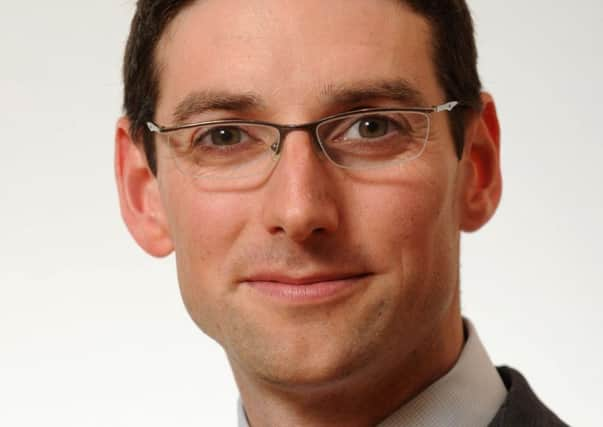RBS has been fined £17m over currency rigging cartel


Switzerland’s competition watchdog handed out fines totalling 90 million Swiss francs (about £71.3 million) to Citigroup, JPMorgan Chase and MUFG Bank, alongside their two British contemporaries, saying they uncovered “several anti-competitive practices”. RBS was fined 22.5 million francs, Barclays 27 million francs, Citigroup 28.5 million francs, JPMorgan 9.5 million francs and MUFG Bank 1.5 million francs.
The settlements end investigations in the country into two cartels formed by the banks – and UBS, which blew the whistle and avoided a fine – to manipulate the foreign exchange currencies.
Advertisement
Hide AdAdvertisement
Hide AdBut the fines were dwarfed by those handed out by the European Union in May for the same manipulation, where a combined €1.1 billion (£950m) was imposed.
The rigging of the rates involved traders exchanging information in online chat rooms between 2007 and 2013 in cartels they called the Three Way Banana Split and Essex Express. UK banking authority the Financial Conduct Authority held its own investigation into the scandal and handed out fines of £1.3 billion in 2014 over regulation breaches. The EU and Swiss authorities were investigating the impact on competition.
l Meanwhile, there was a mixed picture for Scotland’s jobs market last month, with RBS’s latest findings showing permanent placements rose at the same time as there were declines across the UK as a whole. However, demand for permanent staff increased at the weakest pace in around two-and-a-half years.
RBS chief economist Sebastian Burnside said: “The positive takeaways remain on the hiring front where Scotland defied the downturn in recruitment at the wider UK level and posted a solid rise in both temp billings and permanent appointments.”